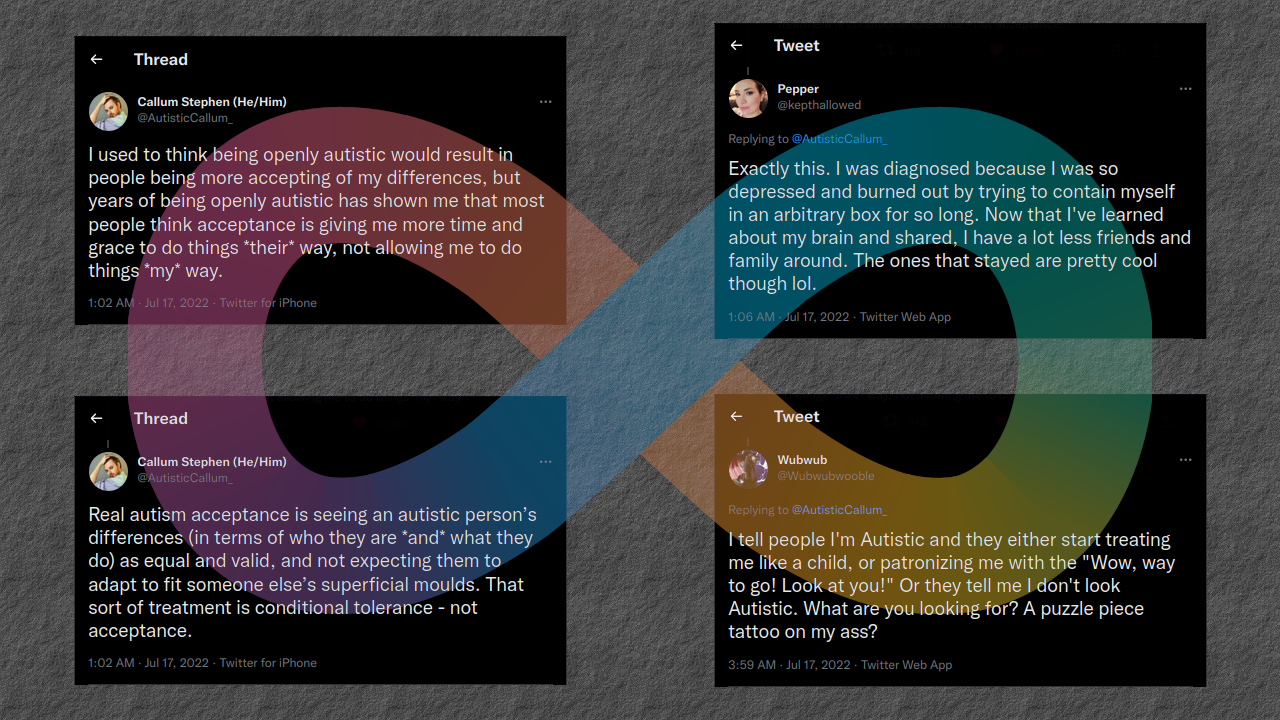
Autism Acceptance

Autistics on «Extraordinary Attorney Woo»
Extraordinary Attorney Woo (이상한 변호사 우영우) was a Korean TV drama with an autistic person as the lead character and central to the story. It depicted the challenges and prejudices faced by an autistic in Korea, in particular a lawyer.

What is autism acceptance?
There is an on-going show entitled Extraordinary Attorney Woo (이상한 변호사 우영우) which tackles the challenges, discrimination, prejudices, and stigma autistics face on a daily basis. However, it is not possible for them to touch on every single topic, it is not a documentary after all.
How else can we let neurotypicals understand autistics? Social media, social networks. Here is one such important thread, a discussion about what a real autism acceptance is.

The YOOki (柳紀 ・ 유 기) Chronicles is ᜌᜓᜃᜒ (Yuki ・ 雪亮)’s return into casual and personal blogging. The name “YOOki” is a mash-up of the acronym of YourOnly.One and my nickname ᜌᜓᜃᜒ (Yuki ・ 雪亮).
Interestingly, according to Chinese legend, 「柳」 (YOO) is an ancient Chinese surname. The ancestors of the surname were closely linked with the ancient sage-king named Yu Shun. In Korea, the 「유」 (YOO) lineage traces to the Xia, Han, and Joseon dynasties. Holders of the surname Yu or Yoo had a reputation for charity and diligence
.1
It is also the word for “willow” or the “willow tree” which means graceful or slender; and a tree growing near a body of water which provide continuous nourishment and resources for everyone. It can also mean to exist, an oil (anointment(?)), and simply as “U” (you).
The hanzi 「紀」 (ki) character means to record, be disciplined, provide order. While the hangul equivalent, 「기」 (ki; gi), means energy, spirit, a banner, and a period of time; and is also a suffix used to make a gerund or an infinitive.
Can you guess what I mean by 「柳紀」 and 「유 기」 as the Chinese and Korean for “YOOki”?
